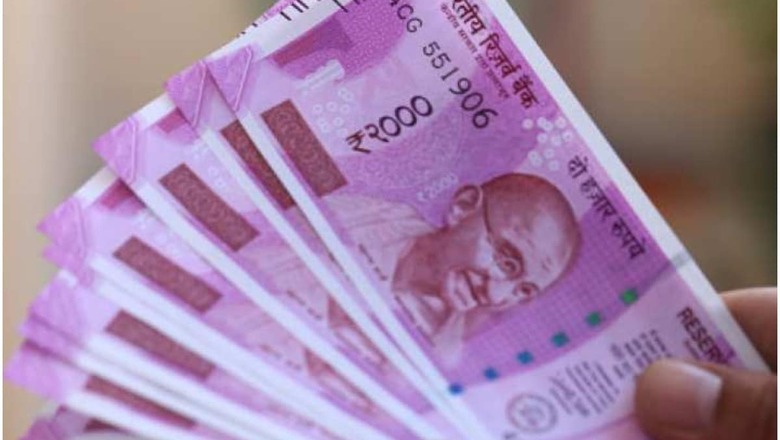
views
While on the outside, it may seem that Nirmala Sitharaman’s Union Budget 2021 left personal incomes untouched, that is not entire the case. No change in tax rates or slabs means that income tax payout is, for most people, unaffected by this Budget.
But if salary is above a certain limit, there may be a reason to worry. Then there is also the possibility that several household and personal items, such as mobile phones and refrigerators, will become more costly after the budget.
Talking first about the salary, let’s take the instance of a person whose Provident Fund (PF) contribution is above Rs 2.5 lakh annually. The interest earned on the additional amount will now be taxable.
ALSO READ | What Gets Costlier and What Gets Cheaper. Check Full List Here
Let’s say you have an annual salary income of Rs 50 lakh. With the new wage code also coming into effect from April, about half or Rs 25 lakh would be your basic salary. Your contribution to PF at 12 per cent of basic pay would be Rs 3 lakh. Earlier, the interest earned on all of it would be tax exempt. Now, tax will be payable on the amount above Rs 2.5 lakh, that is on Rs 50,000 in this case.
How much tax you end up paying on this depends on what the tax rates and slabs are in the year in which you withdraw the money.
One more example: Your total salary is Rs 1 crore and your basic pay Rs 50 lakh. Your PF contribution (at 12%) would be Rs 6 lakh and tax would be payable on interest on Rs 3.5 lakh, that is on Rs 29,750.
Anyone with a monthly PF contribution of up to Rs 20,833 (annually Rs 2.5 lakh) — and therefore a basic pay of up to Rs 1.73 lakh per month — is safe. However, even this limit will go down if wage code comes into effect from April 1, 2021. The same provisions and calculations apply to any voluntary contribution you’re making to your PF.
ALSO READ | Both Take-Home Salary, Retirement Savings May be Hit Once Wage Code and Budget 2021 Come into Effect
A similar change in taxation of unit-linked insurance plans under Sec 10 (10D) of the IT Act means that if you were using ULIP as a tax-saving instrument, you can’t do it any longer if your annual premium amount is over Rs 2.5 lakh (under this scheme, the entire premium, and not just the incremental amount is taxable the moment it crosses the threshold).
Instead your income from such a scheme would be treated as a capital gain and taxed accordingly. Let’s say you invest in a ULIP with a premium of Rs 10 lakh. Typical returns are around 8%, so you can expect about Rs 80,000 as return. Earlier this was tax free, now you will have to pay 10% or Rs 8,000 on it.
Also, with the Union Budget coming into effect from the upcoming financial year, certain items that have acquired a compulsory-buy status will get dearer.
Electronics items like mobile phones, refrigerators, air conditioners, clothing apparels, lamps, LED lights, solar invertors got costlier this year. Bottom line is, the Budget has reduced disposable income for most and spiked household expenditure.
Read all the Latest News, Breaking News and Coronavirus News here




















Comments
0 comment